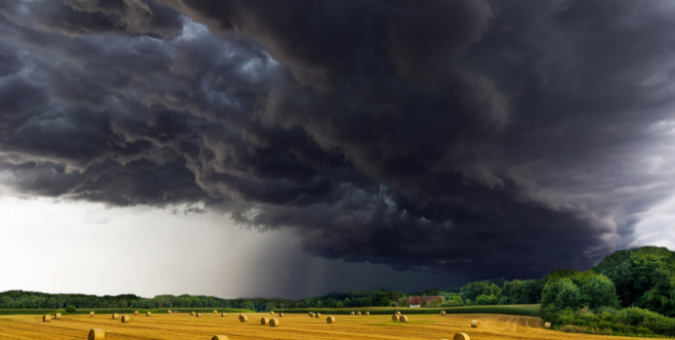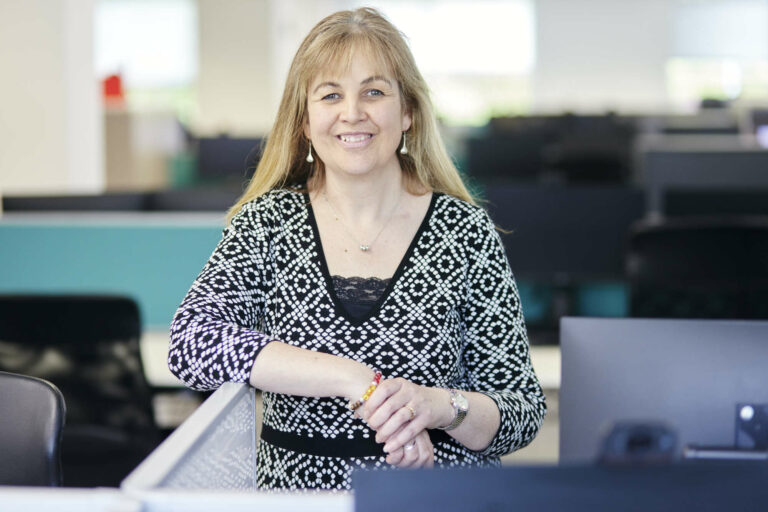
With the storm season hopefully well and truly over, looking back at the effects of storms Dudley, Eunice and Franklin I have been considering how this might be reflected in the types of Personal Injury claims which might result from the unusually terrible conditions we faced as a result.
We were all being advised to stay at home where possible and only travel where absolutely necessary. Here in the South we thankfully only have to suffer the worst that the winter can throw at us maybe once or twice a year, but in ice and snow we do occasionally have to decide whether it is safe to travel at all.
Deciding whether to follow “stay at home” advice
Two years ago most organisations had no option but to set up their staff to work at home where that was possible. Now many people are drifting back to work, although not yet at the pre-Covid levels. I don’t know whether that will ever be the case, as some organisations are now committed to home working for the foreseeable future.
Why is this relevant to the storms? Well, many people will have been conflicted between following the official advice to stay at home during the storms, and their employers insisting that they travel to work. If you are unlucky enough to have had an accident when travelling to and from work when the official guidance was to stay at home, and where home working was possible for your job, then this may well be a relevant factor in considering whether your employer may be liable for your Personal Injury claim. It is not an issue which the Courts have had to decide to my knowledge, but an interesting question.
Accidents during a storm
The unusually strong winds presented many hazards on the roads – falling trees and loads not properly secured for example, and we will all have read some of the tragic consequences of those situations, including accidents involving those providing roadside assistance.
Those who couldn’t work from home will have been at particular risk, such as those working on building sites where work may have continued, or essential staff still had to be on site.
Anyone with a tree on their land which could fall and cause a danger to the public does have a responsibility to have them checked regularly to make sure they are healthy and to carry any work that needs doing to minimise the risks. This could be because the tree could fall onto the highway, or because they have a public footpath running through their land. Local Authorities have a duty to maintain the trees in the local parks.
For someone who has been injured by fallen trees or other unsecured items, they may wish to look to the homeowner to compensate them. Most homeowners will have ‘third party liability’ cover with their house insurance. This would cover the homeowner for injuries caused to others in this way.
Check your insurance covers storms
When taking out or renewing house insurance, it is important to check your cover carefully. Insurance companies offering cheap policies tend to reduce the cover provided in order to keep the costs down, and cover relating to damage in gardens may be limited or removed. They will also expect the homeowner to keep their property properly maintained and if you haven’t looked after your trees then you could have problems claiming on your policy.



















